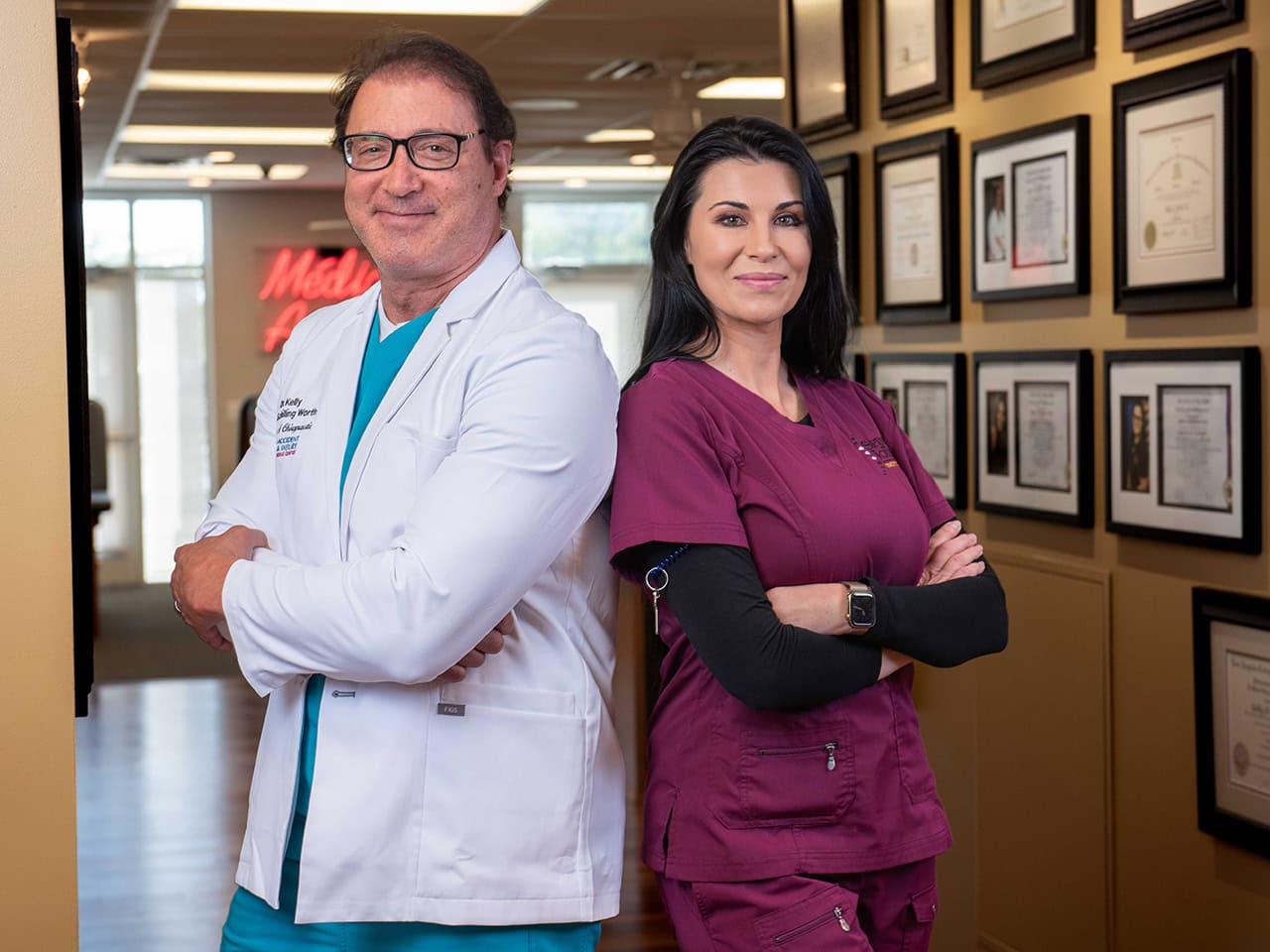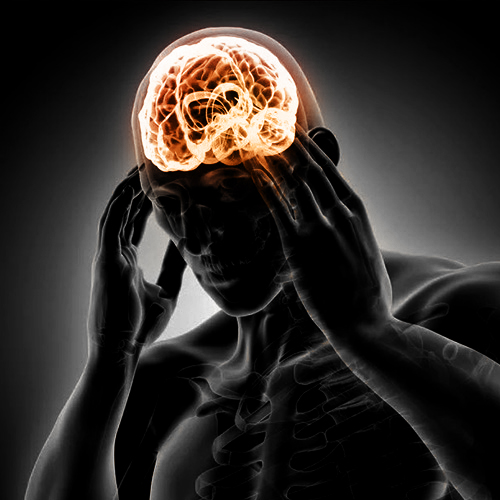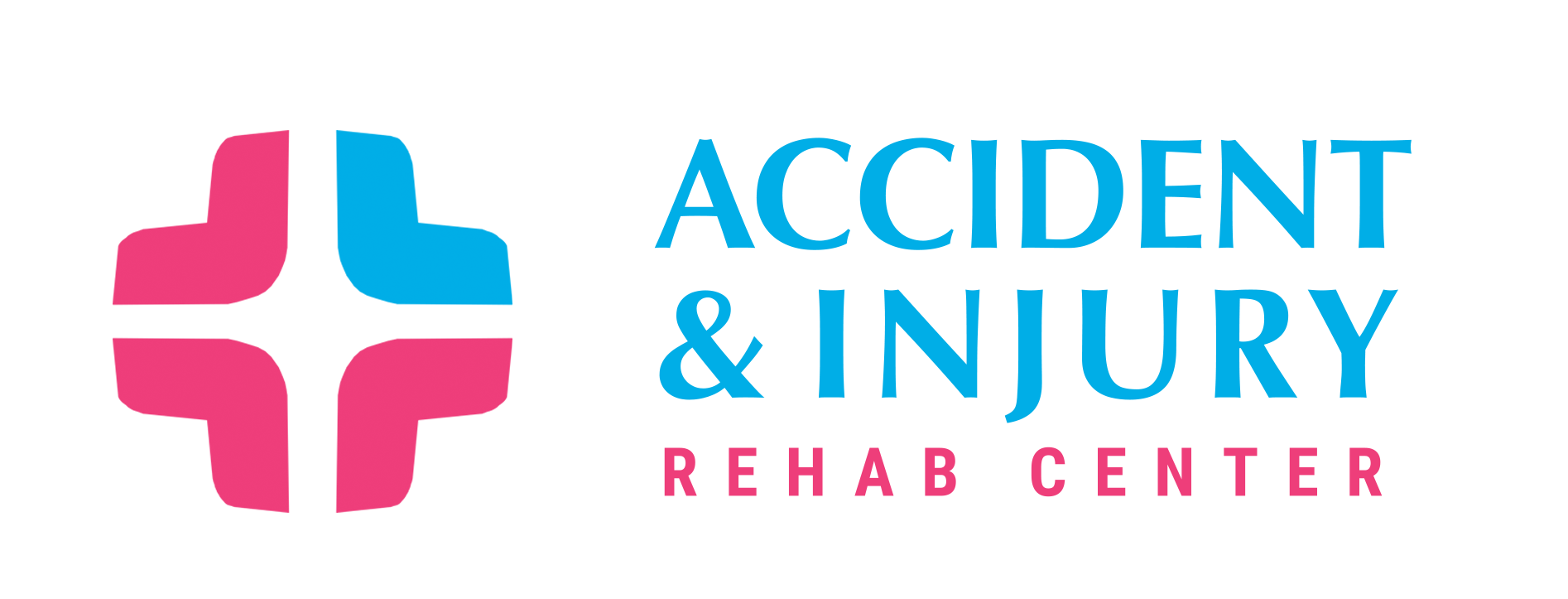
Concussions are a common yet often misunderstood form of traumatic brain injury (TBI), typically caused by a blow to the head or a sudden jolt that causes the brain to move rapidly within the skull, striking the skull walls, due to an incident such as a car accident. At Accident and Injury Rehab Center, we are committed to helping individuals recover from head injuries by offering comprehensive evaluations, treatment plans, and rehabilitation services. Understanding concussions is key to ensuring proper care, as untreated head injuries can lead to serious and lasting issues.
A concussion is a type of traumatic brain injury that disrupts normal brain function, resulting in various physical, cognitive, and emotional symptoms. Common causes of these head injuries include falls, sports injuries, car accidents, and any incidents where trauma to the head occurs. While most concussions are mild, if left untreated, they can lead to significant complications, especially when multiple concussions occur over time. Immediate and appropriate care is essential to reduce risks and support full recovery.
Concussions can manifest in a variety of ways. Symptoms may develop immediately after the injury, or could appear hours or even days later. Common signs include:
In some cases, individuals suffering from a head injury may also experience mood swings, irritability, or cognitive impairments, making it harder to focus or recall information.





Concussions are typically categorized based on the severity of symptoms and the extent of the brain injury. Medical professionals use various grading systems to assess concussions, but the most commonly used approach involves classifying them into three levels or grades.
Grade 1, or a mild concussion, is characterized by no loss of consciousness; symptoms last for less than 15 minutes. The individual may experience mild confusion, dizziness, or memory issues immediately after the impact. Headaches, nausea, and slight disorientation may occur but usually resolve relatively quickly. Rest and monitoring for any worsening of symptoms are essential. With medical clearance, the individual can usually return to normal activities once they are symptom-free for 24 to 48 hours.
Grade 2, or a moderate concussion, does not involve loss of consciousness, but symptoms persist for longer than 15 minutes, although they usually resolve within a few hours. Symptoms can include noticeable confusion, memory problems, difficulty concentrating, headaches, nausea, and temporary difficulty with balance and coordination. Management for this type of concussion involves avoiding physical and mental activity until the individual is symptom-free for at least seven days under medical supervision. A more comprehensive recovery plan is often recommended, including a gradual return to physical activity with a step-by-step approach to ensure safety.
Grade 3, or a severe concussion, is marked by a loss of consciousness, even if brief and symptoms may include severe confusion, amnesia, persistent headaches, dizziness, and possible visual disturbances. The individual may experience disorientation, difficulty walking or speaking, or appear dazed for an extended period. Immediate medical evaluation is required, often including imaging such as CT scans or MRIs to rule out more severe injuries such as brain bleeds. Recovery from a severe concussion may take weeks to months, and prolonged rest is necessary. A gradual return to physical activity is mandatory, and the individual is carefully monitored for long-term effects.
Each grade of concussion requires appropriate medical management and monitoring to ensure recovery and reduce the risk of complications.
With over 5 decades of collective experience, our staff brings a wealth of wisdom and insight to your injury treatment and medical documentation that supports your legal claim. Our experience and caring approach allows us to provide thorough treatment to address your injuries and get you on the road to recovery.
Double Board Certified Chiropractic Neurologist and Chiropractic Internist
Doctor of Physical Therapy
Chiropractic and Radiological Technician
Head injuries can range from mild to severe, and it's essential to recognize the signs that indicate the need for medical attention. Even seemingly minor bumps or falls can lead to significant health concerns, so understanding when to seek help for a head injury can be lifesaving.
You should always seek medical attention for any head injury, especially if the individual experiences severe symptoms like:
Even if symptoms appear mild, early intervention by a healthcare provider is crucial for a proper concussion diagnosis and treatment. Symptoms of a mild head injury, such as dizziness, fatigue, or slight headaches, should not be dismissed. Early evaluation allows healthcare providers to perform necessary tests like CT scans or MRIs to rule out significant injuries like brain bleeds, skull fractures, or concussions.
A healthcare provider will conduct a thorough assessment, including asking questions about the accident or injury, performing a neurological exam, and evaluating the individual’s symptoms. In some cases, they may recommend monitoring the individual overnight or in a medical facility to ensure no complications arise in the hours following the injury.
If there is any uncertainty about the severity of the injury, it’s always better to err on the side of caution and seek immediate medical help. Early treatment can significantly reduce the risk of complications such as brain damage, permanent disability, or even death.
A combination of physical exams, cognitive assessments, and diagnostic tools are used to assess and confirm the presence of a concussion. These may include:
A proper diagnosis ensures that the individual receives the most effective treatment, personalized to their needs.
Effective concussion management requires a comprehensive approach that combines rest, rehabilitation, and a gradual return to daily activities. Proper treatment ensures the brain has adequate time to heal while addressing ongoing symptoms or complications. Concussion care includes the following key elements:
Rest is crucial for concussion recovery. In the early stages of a head injury, both physical and cognitive rest are critical. Physical rest means avoiding activities that could strain the brain, such as intense exercise or sports. Cognitive rest involves minimizing activities that require concentration or mental effort, such as reading, using electronic devices, or working. Reducing mental and physical strain gives the brain the best chance to heal without triggering further symptoms or complications.
Once symptoms start to improve, it’s essential to gradually reintroduce daily activities to avoid overloading the brain. Our team guides patients through a step-by-step process to reintroduce physical and mental exertion in a controlled manner. This phased approach helps ensure that the brain can handle the increased demands without causing a setback. Whether it’s returning to work, school, or exercise, we help patients progress at a safe pace, monitoring for any signs of symptom recurrence.
During recovery, individuals may experience various symptoms such as headaches, dizziness, nausea, or difficulties with balance and cognition. To address these, our team uses a variety of treatment options tailored to each patient's symptoms. Medications may be prescribed to manage headaches or nausea, helping to provide relief as the brain heals. Additionally, specialized therapies, such as physical, cognitive, and vestibular therapy, often address issues with balance, memory, concentration, or motor skills. These therapies aim to retrain the brain and body to function effectively again, improving both physical and cognitive performance.
Physical therapy focuses on strengthening the body and improving coordination, while cognitive therapy targets memory, attention, and problem-solving skills. Vestibular therapy specifically addresses balance and dizziness issues that can arise after a concussion, helping to restore equilibrium and prevent falls.
Our team ensures that you have the support and guidance necessary to fully recover by offering a combination of treatments that focus on your unique symptoms and needs. Every concussion differs, so our approach is customized to provide the most effective care possible.
Our goal is to support you throughout every stage of your recovery, helping you return to daily life with confidence, improved function, and a clear understanding of how to protect your brain in the future. With the right treatment plan, concussion recovery can be smooth and successful, allowing you to regain your health and vitality.
Recovery from a concussion varies widely depending on the severity of the injury and individual factors such as age, overall health, and any pre-existing conditions. For many people, the recovery process involves a gradual improvement over weeks to months, with most individuals returning to normal activities without long-term effects. However, some individuals may experience persistent symptoms that require extended care and attention. These symptoms can significantly impact daily life, and ongoing treatment may be necessary to promote a full recovery.
One condition that may arise during recovery is Post-Concussion Syndrome (PCS). PCS occurs when concussion symptoms such as headaches, dizziness, fatigue, cognitive difficulties, and mood changes persist for weeks or months after the initial injury. These ongoing symptoms can make returning to work, school, or social activities challenging and may require additional support, including rehabilitation therapies and lifestyle adjustments. It's important to monitor symptoms closely and seek professional care to ensure proper management strategies are in place.
For those experiencing persistent symptoms, ongoing support is crucial. Lifestyle adjustments, such as modifying daily routines to reduce stress and promote brain healing, can also be an essential part of recovery. Through a comprehensive approach, we aim to help patients manage prolonged symptoms and optimize recovery, ensuring they regain their strength and well-being.
It’s essential to not ignore concussion symptoms; doing so can lead to serious complications, including long-term damage to the brain. One of the most concerning risks of repeated or untreated head injuries is Chronic Traumatic Encephalopathy (CTE). CTE is a progressive brain condition often associated with repeated head injuries, such as those experienced in contact sports. It can lead to cognitive decline, memory loss, mood disturbances, and motor impairments. CTE is most commonly found in individuals with a history of multiple concussions, making early intervention and recovery even more critical.
Another consequence of not adequately addressing a concussion is prolonged recovery. Ignoring or failing to properly manage a concussion can result in longer recovery times, with ongoing physical and cognitive impairments that may persist for months or even years. Delayed treatment can also increase the risk of developing chronic symptoms like headaches, difficulty concentrating, and emotional disturbances. In some cases, untreated concussions can lead to permanent impairments that impact an individual's quality of life.
Increased risk of future injuries is another significant concern. If someone sustains a second concussion before the first has fully healed, the consequences can be severe. The brain is particularly vulnerable after an initial concussion, and a second injury can exacerbate symptoms or lead to more significant brain damage. This phenomenon is known as Second Impact Syndrome (SIS), and it can result in life-threatening complications. It underscores the importance of waiting until a concussion has fully healed before returning to physical activities.
Recognizing and addressing concussion symptoms early is essential for minimizing the risk of long-term complications and ensuring a better recovery outcome. By seeking prompt medical care, following recommended treatment plans, and taking appropriate precautions, individuals can help prevent the potential dangers associated with untreated concussions and promote better brain health. Early intervention is critical in protecting the brain and allowing individuals to recover fully, ultimately leading to better overall health and quality of life.
If you or a loved one has experienced a head injury, it’s essential to seek medical attention as soon as possible. Delaying care can lead to complications or prolonged recovery. At Accident and Injury Rehab Center, we understand the importance of timely and comprehensive treatment. Our dedicated team of healthcare professionals is here to guide you through every step of the recovery process, ensuring that you receive the highest standard of care tailored to your specific needs.
Don’t wait to get the help you need. Contact us today for a consultation, and let our skilled professionals develop a comprehensive treatment plan to guide you back to your everyday life. Your health and well-being are our top priority, and we are here to support you at every stage of your recovery journey.
We care about your recovery. Let us help you regain your strength, improve your quality of life, and return to doing what you love. Contact us now to start on your path to recovery with the care and attention you deserve.
